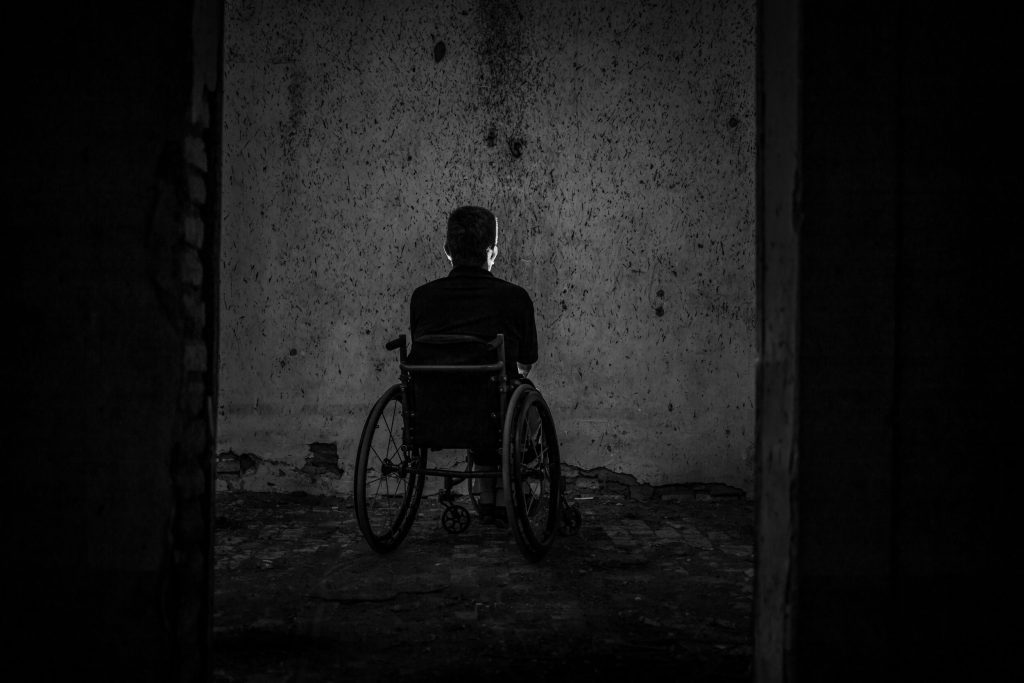Living with a severe chronic illness brings a host of challenges—physical pain, psychological distress, and spiritual suffering. Traditional medicine often falls short in addressing the comprehensive needs of these patients. That’s where hypnosis comes in, offering a holistic approach that aligns with the World Health Organization’s (WHO) global perspective on palliative care.
The Role of Hypnosis in Palliative Care
Hypnosis has emerged as a powerful adjunct therapy for managing pain and other distressing symptoms in chronic diseases. It can significantly enhance the quality of life for patients and their families, providing a range of benefits that traditional treatments alone might not achieve.
Hypnosis works by accessing the subconscious mind to promote positive changes in perception, sensation, emotion, and thought processes. This approach not only helps manage physical symptoms but also addresses the psychological and spiritual aspects of patient care.
Key Benefits of Hypnosis in Palliative Care
Pain Relief: Hypnosis can reduce the intensity of chronic pain, making it more manageable for patients.
Stress and Anxiety Reduction: By promoting relaxation and reducing stress, hypnosis helps alleviate anxiety and emotional distress.
Enhanced Quality of Life: Patients often report increased feelings of peace, serenity, and well-being.
Symptom Management: Hypnosis can help manage various symptoms, including nausea, fatigue, and sleep disturbances.
Improved Psychological Resilience: It strengthens patients’ ability to cope with the emotional challenges of their illness.
Spiritual Comfort: Hypnosis can provide spiritual relief, helping patients find meaning and peace at the end of life.
How Hypnosis Integrates with WHO’s Palliative Care Principles
The WHO’s guidelines for palliative care emphasize a holistic approach, which includes:
Providing relief from pain and other distressing symptoms.
Affirming life and recognizing dying as a normal process.
Neither hastening nor postponing death.
Integrating psychological and spiritual care.
Supporting patients to live as actively as possible until death.
Supporting families during illness and bereavement.
Enhancing quality of life and potentially positively influencing the course of illness.
Hypnosis embodies these principles by offering a comprehensive support system for both patients and their families, addressing physical, emotional, and spiritual needs.
The Science Behind Hypnosis
Recent advances in neuroscience have shed light on how hypnosis influences brain activity related to pain and emotions. Techniques such as functional magnetic resonance imaging (fMRI) and electroencephalography (EEG) have shown that hypnosis can affect the cortical areas involved in pain perception, reducing the intensity and frequency of pain episodes.
Achieving Autonomy Through Self-Hypnosis
One of the remarkable aspects of hypnosis is that it empowers patients to take control of their symptoms. Through training in self-hypnosis, patients learn to manage their pain and distress independently, experiencing prolonged relief and an improved quality of life.
Get Your Free Hypnosis Consultation
Are you or a loved one dealing with the challenges of a severe chronic illness? Discover how hypnosis can provide relief and improve your quality of life. We’re offering a free consultation to help you explore the benefits of hypnosis and how it can be integrated into your palliative care plan.
During your consultation, you will:
Learn about the therapeutic benefits of hypnosis.
Discuss your specific symptoms and goals.
Receive a personalized plan tailored to your needs.
Schedule Your Free Consultation Today!
Take the first step towards holistic healing and improved well-being. Click the link below to schedule your free consultation and learn how hypnosis can make a transformative difference in your life.
[Get Your Free Consultation Now]
Experience the power of hypnosis and bring comfort, peace, and relief to your journey with chronic illness.


